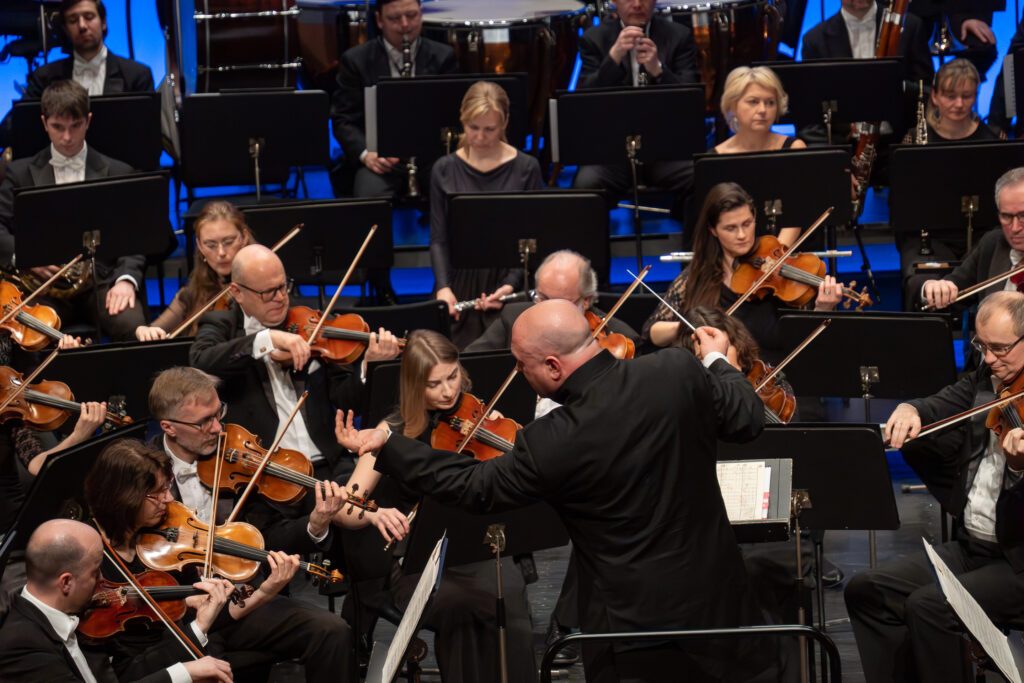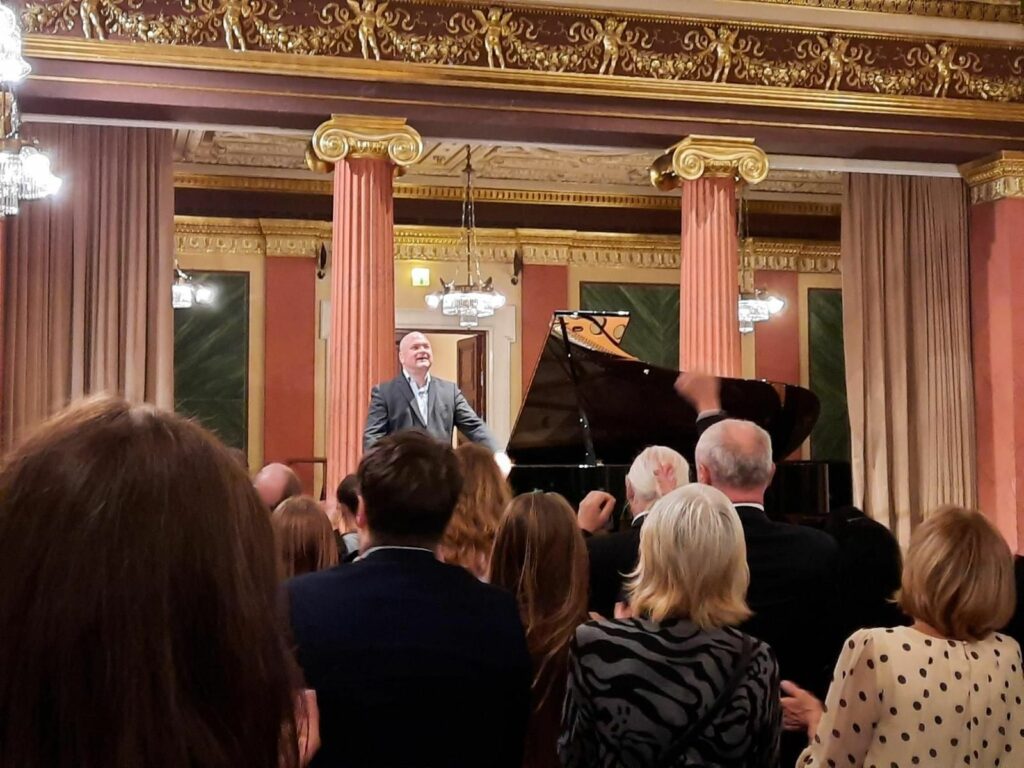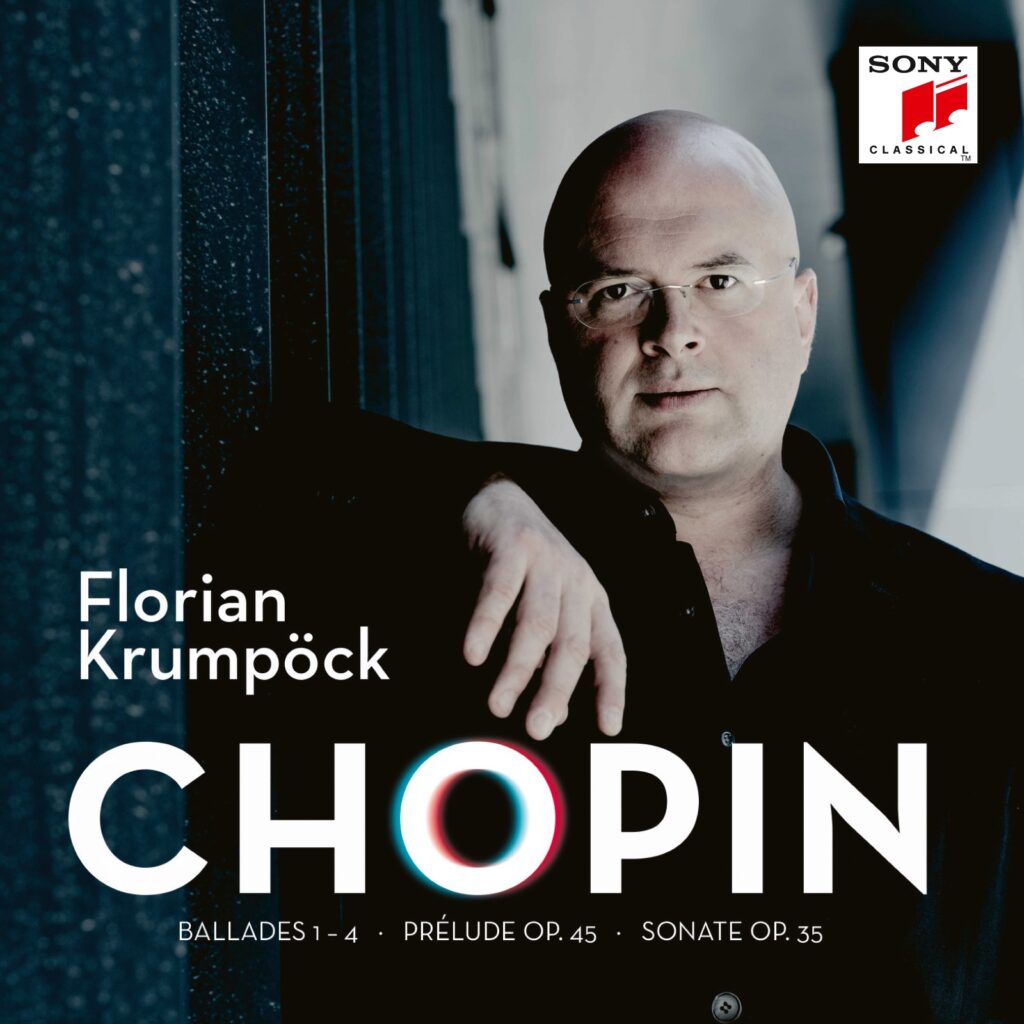Florian Krumpöck
Pianist & Dirigent
Aktuelles
TERMINE
-
Interpreten:
Florian Krumpöck, Klavier
Programm: -
Interpreten:Programm:
-
Interpreten:
Florian Krumpöck, Klavier
Programm:Richard Wagner/Franz Liszt:
„Isoldens Liebestod“Franz Liszt:
Auszüge aus: Années de pèlerinage. Deuxième année: Italie
Sonate in h-Moll -
Interpreten:
Florian Krumpöck, Klavier
Programm:Franz Liszt «Tre sonetti di Petrarca» R 578 / S 270 b
Frédéric Chopin Klaviersonate Nr. 2 b-Moll op. 35
Frédéric Chopin Prélude für Klavier cis-Moll op. 45
Franz Liszt Klaviersonate in einem Satz h-Moll S 178 -
Interpreten:
Florian Krumpöck, Klavier
Programm:Franz Liszt «Tre sonetti di Petrarca» R 578 / S 270 b
Frédéric Chopin Klaviersonate Nr. 2 b-Moll op. 35
Frédéric Chopin Prélude für Klavier cis-Moll op. 45
Franz Liszt Klaviersonate in einem Satz h-Moll S 178
KONTAKT
General Management
Opus 3 Artists GmbH
Pariser Straße 62
D-10719 Berlin, Germany
470 Park Ave South
9th Floor North
NY 10016, New York
opus3artists.com
Dr. Daniel-Frédéric Lebon
General Manager
+49 160 66 00 756
E-Mail schicken
Veronica Schlayer
Assistant Artist Manager
+49 151 1178 6834
E-Mail schicken
Assistenz und Sekretariat
Hanna Kasal
+43 660 380 3539
E-Mail schicken
Assistenz und Sekretariat
roadmap entertainment
Florian Dittrich Kulturmanagement
+43 664 4503614
E-Mail schicken
Consultant
Felber – Agentur für Kultur
Martin Felber
+43 664 829 45 56
E-Mail schicken



